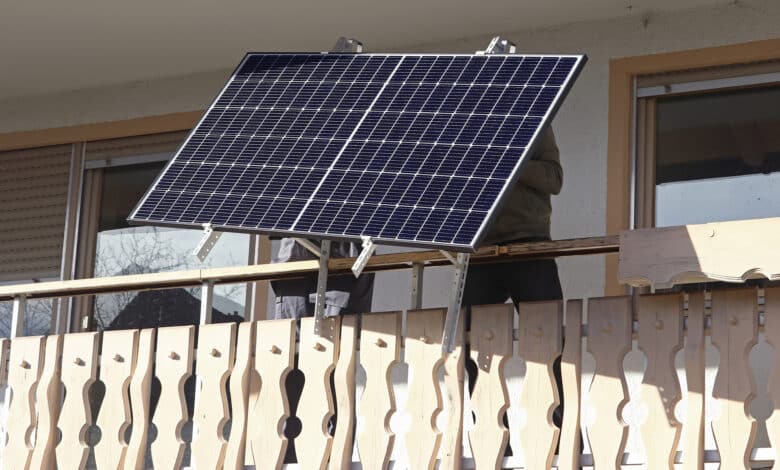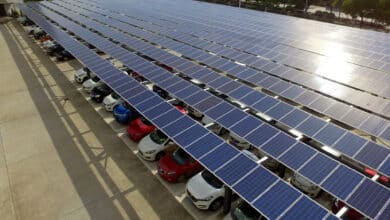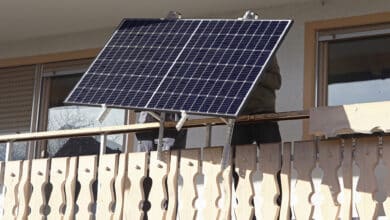
Balcony power plants are on the rise. They are mini-photovoltaic systems that can be installed on balconies, making it possible for people who do not own a house to produce solar power. Since the systems have become trendy, legislators have also focused on them. There are now numerous regulations that must be observed in connection with balcony power plants. Soon, for example, a standardized connection plug will be mandatory in the EU. Particularly relevant for private individuals, however, is the obligation to register. This, in turn, leads to the question of what the penalty is if a balcony power plant is not registered. We want to pursue it in the present article!
Why must a balcony power plant be registered?
Balcony power plants must be registered with the responsible grid operator and entered into the market master data register of the Federal Network Agency. The reason for this is that grid operators and the state want to keep an overview of the use of the electricity grids. They want to have the requested data so that they can use it as a basis for anticipating and counteracting possible overloads of the power grid. In the case of a simple balcony power plant, the risk of negative effects on the power grid is low. However, if a large number of small power plants feed surplus electricity into the grid at the same time, there could theoretically be a short-term grid failure.
In addition, the registration is intended to ensure that the state can verify that only safe devices are connected to the power grid. This is also intended to minimize the risk of grid overloads, but also the risk of accidents. Ultimately, then, the argument is one of public safety. If a balcony power plant is not registered, there is a penalty.
Simplified registration for balcony power plants
All mini photovoltaic systems with an output of up to 800 watts are considered balcony power plants in the sense of the law. A simplified registration procedure has been created for these plants. First, you need to find out who operates your power grid. The grid operator is not necessarily the same as your electricity provider. You can find the network operator by looking for the 13-digit network operator number on your last electricity bill and searching for it in the list of the German Association of Energy and Water Industries. There it is assigned to a network operator. Alternatively, you can ask your electricity provider who operates the grid.
Many network operators provide a form that you can use to register your balcony power plant. If you cannot find such a form, you can use the standard form of the German Solar Energy Society. You have to send this form together with the clearance certificate of your inverter and the declaration of conformity to your grid operator.
In addition – and this is immensely important, as there are heavy penalties for failure to register here – the balcony power plant must be entered in the market master data register of the Federal Network Agency. This in turn can be done online. This entry is the more relevant one compared to the registration with the network operator, at least in terms of fines.
Balcony power plant not registered – penalty
If you have not registered your balcony power plant, you may be fined. It is an administrative offense, specifically a violation of § 21 MaStRV. As a result of this administrative offense, a fine of up to 50,000 euros can be imposed in accordance with § 95 Paragraph 2 EnWG.




No replies yet
Neue Antworten laden...
Gehört zum Inventar
Beteilige dich an der Diskussion in der Basic Tutorials Community →